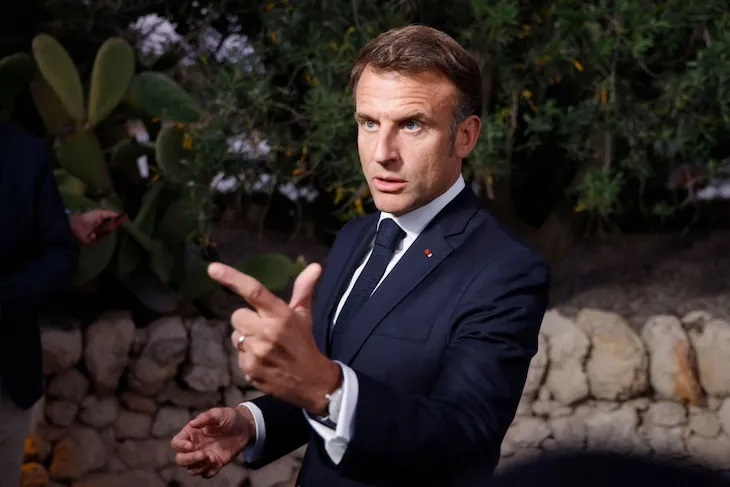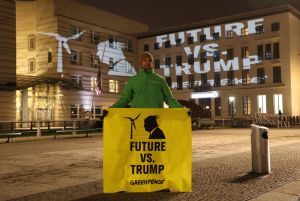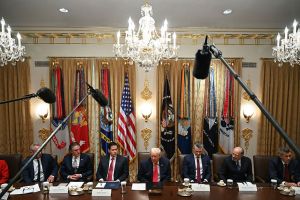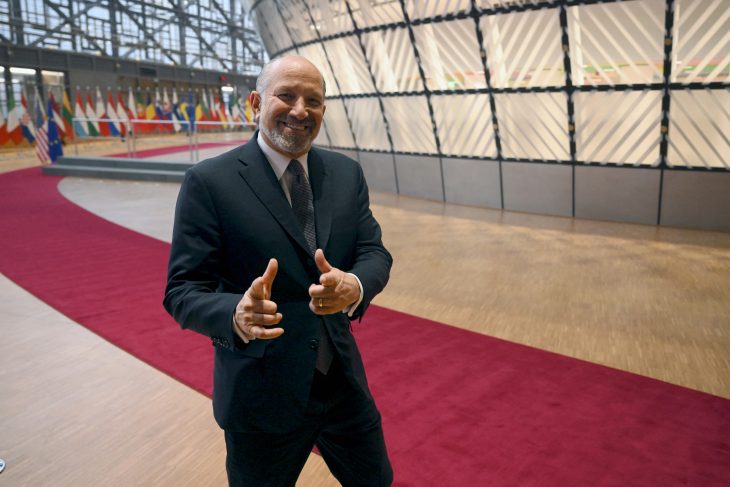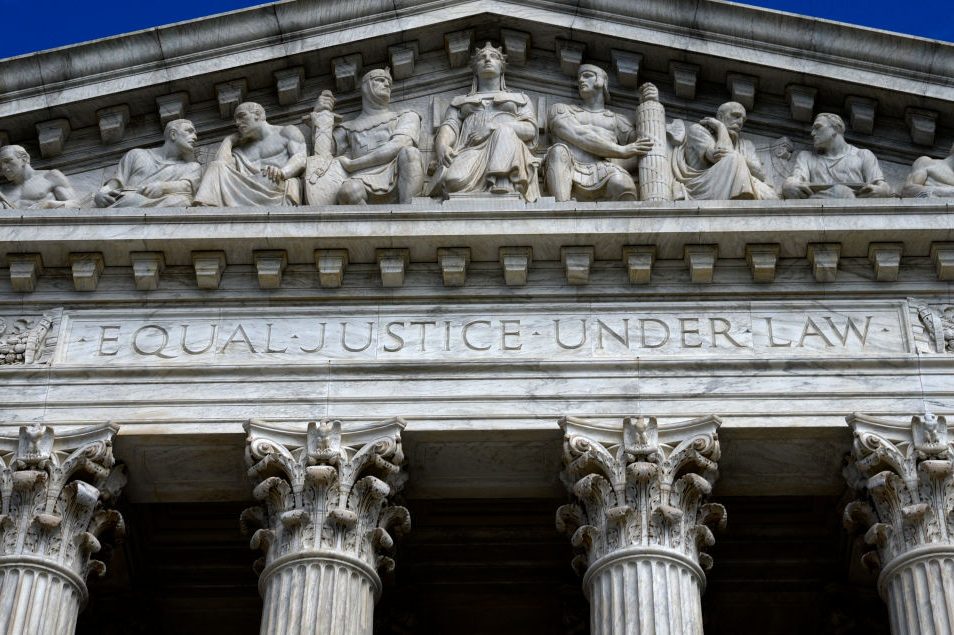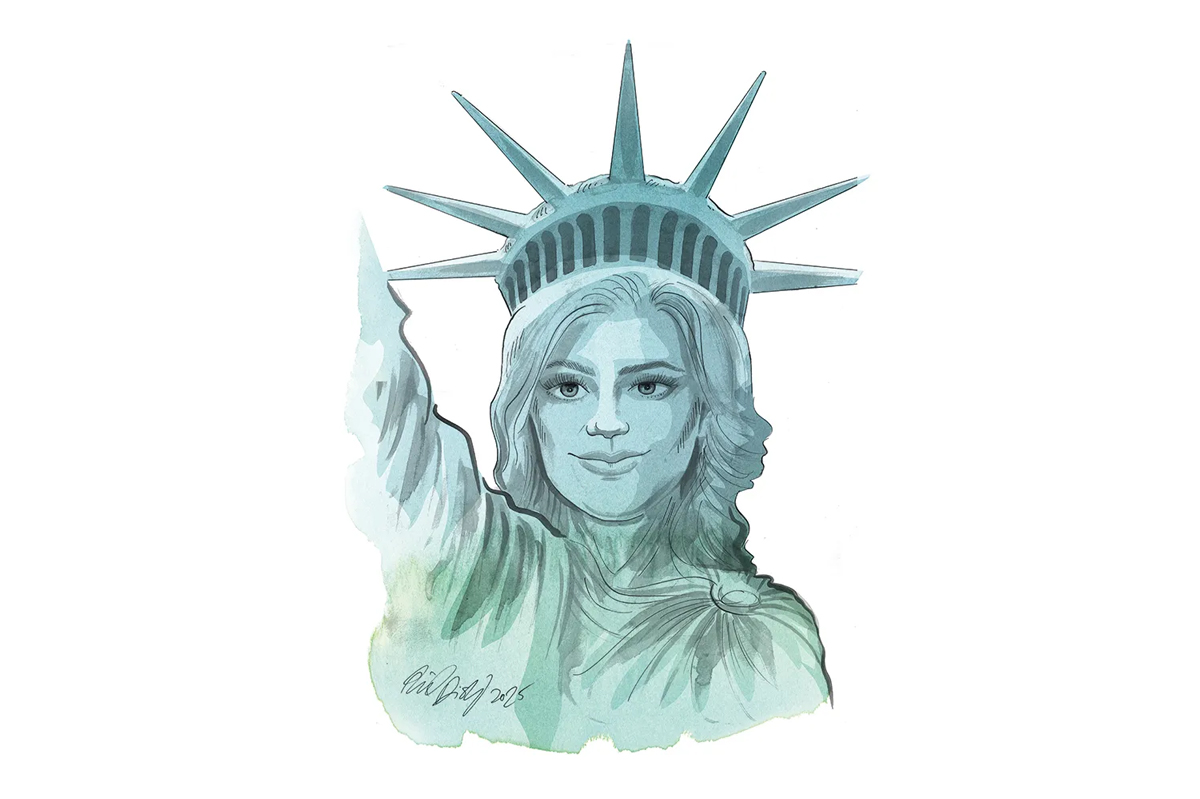If a week is a long time in politics then eight years is an eternity. Just ask Donald Trump and Emmanuel Macron. Back in 2017 the two newly-elected presidents met for the first time in Brussels. They shook hands for the cameras, and kept shaking for several seconds, a game of machismo that tickled the commentariat. “That’s how you ensure you are respected,” declared Macron. “You have to show you won’t make small concessions.”
The French president believed he was the future. Little did he know he would be the last of the progressive poster boys. The Guardian reported in 2017 how in Brussels Macron “pointedly swerved past Trump to embrace German chancellor Angela Merkel.” Next he greeted NATO secretary general Jens Stoltenberg and Belgian prime minister Charles Michel with bonhomie. But no one excited Macron as much as Justin Trudeau, Canada’s dashing premier, just six years older than the then thirty-nine-year-old Frenchman. “Justin has been inspiring,” cooed Macron. “We belong to a generation of leaders that will deeply renew practices and a vision of global affairs.”
One feels a tinge of sadness — not so much for Macron but for France — to see how that vision has panned out eight years on.
France, to be frank, is in ruins: economically, socially and diplomatically. Canada isn’t exactly in the pink, either. Trudeau announced his resignation last month, and he will bequeath to his successor what one Canadian think-tank calls the “worst economic growth record in recent Canadian history.”
As for America, there’s a spirit of bullishness in the country following Trump’s re-election to office. This was observed by France’s Bernard Arnault, CEO of LVMH, the world’s largest luxury goods company, who was present at Trump’s inauguration. On his return to France he remarked that a “wind of optimism” was blowing through the States. Then his shoulders sagged as he added: “And when you come back to France, it’s a bit of a cold shower.”
Arnault was referring to the economy, but socially France is also in crisis and each week brings more evidence of the anarchic society the country has become since 2017.
On Monday, for instance, railway police at the Gare d’Austerlitz in Paris shot dead a Syrian man who, having carved swastikas into a wall, then brandished what turned out to be a fake gun.
Twenty four hours later a Somalian man shouting “Allahu Akbar” attacked five guards outside the Paris police prefecture. He tried to seize the gun of one before slashing at the officers with a shard of broken mirror.
But nothing characterizes the decline of France more under Macron than the country’s dwindling influence internationally. When he met Trudeau in 2017 the president boasted of his “vision of global affairs.” It transpired there was no vision.
Macron, this young and inexperienced leader with a gargantuan ego, believed he could hoodwink the world the way he had hoodwinked the French into voting for him. But presidents and prime ministers swiftly saw through Macron. The Chinese mock him as “Macaron” — like the biscuit, hard on the outside but soft in the center — and across central Africa leaders have tired of the strutting parvenue, ordering French troops out of their countries and turning instead to Russia and China.
Meanwhile in French overseas territories there have been insurrections in New Caledonia, Mayotte and Martinique in the last two years. But it is Algeria which has most exploited Macron’s weakness.
It is three months since Algeria arrested the Franco-Algerian writer, Boualem Sansal, for no other reason than he had been critical of the harsh regime led by president Abdelmadjid Tebboune.
That France has not secured his release says much about Macron’s impotent leadership. What would Trump do in Macron’s position, not just about obtaining the release of Sansal, but about forcing Algeria to take back the 58,000 of its citizens who have been issued with official deportation orders? One such case is the social media influencer, Doualemn, expelled last month but who was then sent straight back to Paris by Algeria, in a gesture of supreme contempt. France did nothing.
Trump would most likely:
- Freeze developmental aid to Algeria (about $136 million a year)
- Close the borders to all legal and illegal immigration
- Cancel all student visas and residence permits, 646,462 of which were issued to Algerians in 2023
- Cancel family reunification — which permits legally resident foreign nationals to bring their families to France
- Refuse to allow the Algerian elite and their families to receive medical treatment in French hospitals (a report this week said that Algeria owes France $46 million in outstanding medical bills)
- Stop investment in Algeria (France is the third biggest investor behind the USA and Italy)
- Import natural, liquefied or gaseous gas and crude oil from other countries (in 2023 France imported $6 billion in gas and oil from Algeria)
Two polls this year have reflected the alarm felt by the French towards the increasingly hostile Algerian regime. The first revealed that 66 percent of people want an end to immigration from Algeria, believing the current estimated 2.6 million Algerians in the country is enough. The second, published this week, found that 81 percent of the French want economic sanctions imposed against Algeria if they continue to refuse to accept their citizens who have been expelled. Even Socialist and Ecology voters are overwhelmingly in favor.
In other words, they want Macron to channel his inner Trump. Because it’s not a firm handshake that ensures you are respected, it’s strong and uncompromising leadership against countries who seek to undermine and destabilize you.



